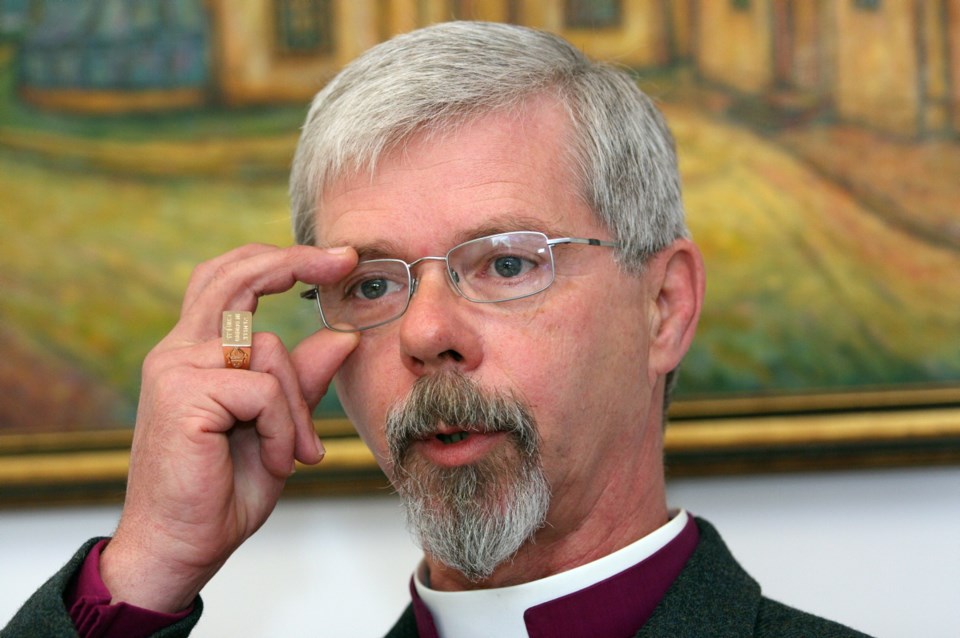Anglican parishes on Vancouver Island and the Gulf Islands can now seek permission to formally bless married homosexual couples.
Bishop James Cowan of the Diocese of British Columbia, in a letter dated Thursday, announced the creation of guidelines and a rite to be used in the blessing of same-sex unions. The guidelines and rites took effect Jan. 1.
“It is my hope that those who now have this opportunity open to them may use it as an aid in their growth in Christ and His love for the world in which we live,” wrote Cowan.
The letter affects the 45 parishes with about 10,000 members in what, for historical reasons, is called the Diocese of British Columbia, although it only includes Vancouver Island and the Gulf Islands.
The letter puts into practice a 2010 statement by the Anglican Church of Canada affirming the full inclusion of homosexual members. But that statement also acknowledged the wide range of perspectives on blessings for same-sex relationships.
Before a parish in the diocese can host the blessing of a same-sex union, a majority of parishioners must approve conducting the ceremony and make a formal request to the bishop. The priest must make the same request.
Cowan said in a telephone interview that this two-sided approach will allow some protection for those who may not agree with this step.
“It has to be both,” he said. “It’s not always, necessarily, that the members of the parish and the incumbent [priest] agree with one another.
“The incumbent may be ready to do this, but the parish may not be ready to proceed.”
The blessing will be conferred only by the priest and only for couples who have already registered their marriages in a civil ceremony. At least one of the spouses must be baptized.
The blessing, however, is not a marriage ceremony. Nor is it a recognition of the marriage by the diocese, according to the guidelines.
Instead, the church is making a fine distinction, by allowing the blessing of the “covenant”— the couple and their commitment — without formally recognizing the marriage.
The church will not perform gay marriage rites.
The blessing is similar to a European practice, in which a couple make vows in a civil service and later seeks a church blessing.
Cowan said he didn’t believe the Anglican church was ready to perform marriage ceremonies for same-sex couples.
Even now, he said, the church refers to committed gay relationships as “same-sex unions” but not “same-sex marriages.”
For about 10 years, the Anglican Church of Canada has been deeply divided over same-sex unions. Four parishes on Vancouver Island have split from the parent church over the issue, and at least 10 others across Canada have done the same.
The United Church of Canada has been blessing same-sex unions since 1990. But it wasn’t until 2002 that a Vancouver-area bishop sanctioned rites for same-sex couples.



